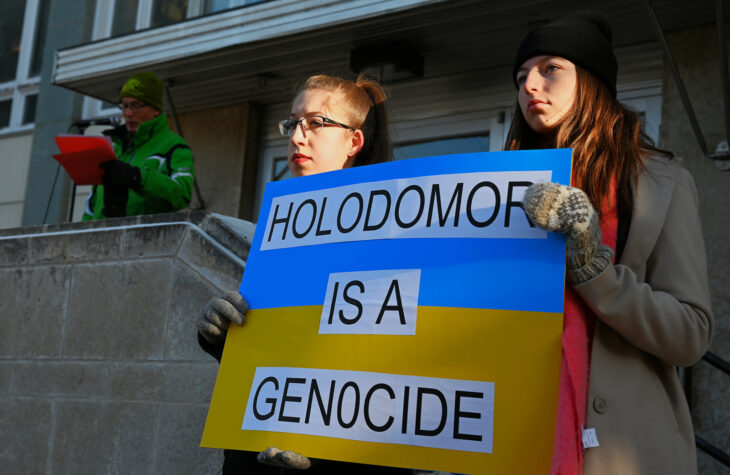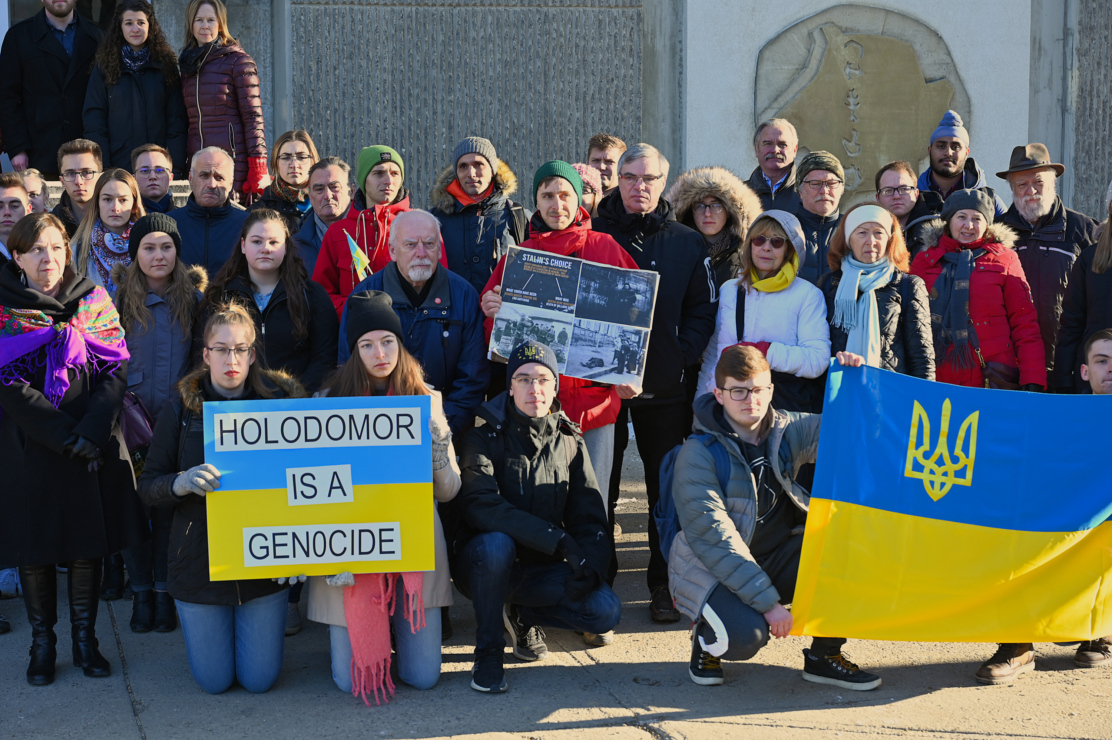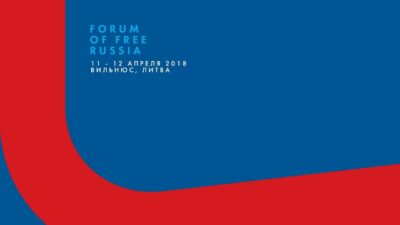"In this era of fake news and alternative facts, we must avoid misinformation"

It was 2008 when the government of Canada recognized the Holodomor as one of the five genocides along with the Holocaust, Armenian genocide, the Rwandan genocide and the Bosnian ethnic cleansing. A decade later, there are still people who deny this fact.
Enter Dougal MacDonald, an assistant lecturer in elementary education at the University of Alberta. During the last week of November when Ukrainians around the world commemorated the 86th anniversary of Holodomor, University of Alberta students along with the Ukrainian Canadian Students’ Union uncovered a series of social media posts by MacDonald who claimed the Holodomor as a “pro-Nazi myth” and a “lie”.
It was 2008 when the government of Canada recognized the Holodomor as one of the five genocides along with the Holocaust, Armenian genocide, the Rwandan genocide and the Bosnian ethnic cleansing. A decade later, there are still people who deny this fact.
Enter Dougal MacDonald, an assistant lecturer in elementary education at the University of Alberta. During the last week of November when Ukrainians around the world commemorated the 86th anniversary of Holodomor, University of Alberta students along with the Ukrainian Canadian Students’ Union uncovered a series of social media posts by MacDonald who claimed the Holodomor as a “pro-Nazi myth” and a “lie”.
“It was the Hitlerite Nazis who created the famine myth of 1933 to discredit the Soviet Union, the enemy they most feared… The (William Randolph) Hearst ‘yellow press’ sensationalized, exaggerated and even fabricated news stories, to try to push its reactionary agenda and to sell more newspapers,” reads MacDonald’s post. “Egged on by the Hitlerites, Hearst’s papers became the biggest propagandists for the Ukrainian famine myth, using fake photographs and printing lies that have been refuted by solid evidence over and over again.”
MacDonald did not respond to Kyiv Post’s attempts to contact him for comment.
Holodomor is often viewed by historians as one of the darkest tragedies in Ukrainian history. This Soviet-orchestrated mass starvation has killed at least 3.9 million Ukrainians in 1932–1933 during the Kremlin’s drive to suppress Ukrainian independence and resistance to Soviet rule. Today, it is widely regarded as genocide.
Public reaction
There’s not much information available about MacDonald. He works within the department of elementary education in the Faculty of Education. In the 2019 federal election, he was a candidate for the Marxist-Leninist Party in Edmonton Strathcona. And that would have been all the public knew about him until this November.
The findings caused an outcry in the community.
A statement posted to the Jewish Federation of Edmonton Facebook page called it “irresponsible and deeply dishonest” to deny the existence of Holodomor. Alberta Premier Jason Kenney reacted on Twitter, saying it is “sad to see some in Canada still engaged in this genocide denial,” while Jackie Armstrong-Homeniuk, local MLA, even raised this issue during the session at Alberta Legislature on Nov. 28.
“This instructor should be ashamed. Everyone is entitled to their opinion, but facts are facts,” Armstrong-Homeniuk said. “Perhaps this part-time instructor could demonstrate some intellectual curiosity and learn the facts of Holodomor from the Holodomor research and education consortium at the Canadian Institute of Ukrainian Studies. He would not have to go far. It’s at the University of Alberta.”
On Dec. 2 dozens of students, members of Ukrainian Canadian community and the Ukrainian Canadian Congress rallied at the University of Alberta calling for MacDonald to be fired.
The university said in a statement that MacDonald’s views do not represent those of the university and ensured the community they are “carefully monitoring this matter, balancing many interests and obligations.”
“As a private citizen, Mr. MacDonald has the right to express his opinion, and others have the right to critique or debate that opinion,” Deputy Provost Wendy Rodgers said in an emailed statement. “It is our understanding that he has not expressed these views in the context of his employment relationship with the university.”
Tyler Chmilar, a University of Alberta student, who took part in the protest, said he is “not too proud” of the university’s response.
“They’re cowards: why are they letting someone with this viewpoint still be here?” he said emotionally. “If they or anyone else had said anything about the Holocaust, no doubt the university would probably be terminating him.”

Maria Ovcharenko, another University of Alberta student, shares his sentiment. “The fact that the University of Alberta is one of the top 5 universities in Canada and they think it’s okay to just sit back and not do anything about it, while giving him a platform to spew his incredibly offensive speech to students, it’s embarrassing.”
Ovharenko believes the university should investigate what MacDonald says in the classroom.
“His remarks completely don’t align with the university code of conduct. Is MacDonald under Russian influence? It’s absolutely possible,” she said.
CBC published MacDonald’s emailed response on Nov. 29 in which he wrote that the controversy is an issue of freedom of speech. “It is both a human right and a charter right,” he was quoted. “I have investigated a historical issue for a number of years and have presented my position on it.” He did not present more evidence to back up his claim.
The Canadian Institute of Ukrainian Studies at the University of Alberta has for seven years had a group devoted specifically to researching the Holodomor, said Jars Balan, the Institute’s director. This group has produced a veritable flood of information about the artificial famine based on newly accessible secret police files in Ukraine as well as diverse but often overlooked holdings in the West, he says.
“In this era of fake news and alternative facts, we must avoid misinformation drawn from the propagandistic backwaters of the internet.”
Source: Kyiv Post




